When it comes to dried fruits, raisins are a delightful and healthy choice. Raisins provide a versatile snacking option, adding depth and sweetness to a variety of dishes. While both black and brown raisins offer numerous health benefits, they possess subtle differences in terms of taste, texture, and culinary applications. In this article, we delve into the characteristics of black and brown raisins to help you understand and embrace the unique qualities of each. The Origin: Black Raisins: Black raisins, also known as “currants,” are made from small, seedless grapes, primarily of the Vitis vinifera variety. These grapes are darker in color, providing black raisins their distinct appearance. Brown Raisins: Brown raisins are made from larger grape varieties, typically Thompson seedless or Muscat grapes.
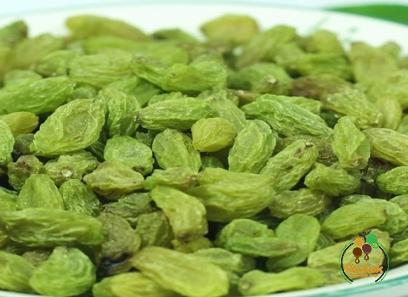
.
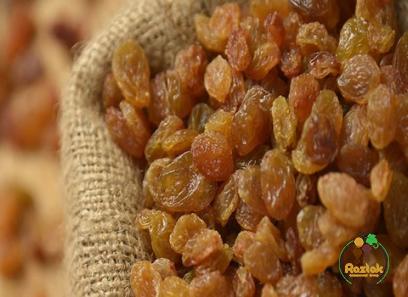 These grapes have a lighter shade, resulting in the familiar brown color of raisins. Taste and Texture: Black Raisins: Known for their intense and rich flavor, black raisins have a pleasant tartness that adds depth to culinary creations. The taste can be described as bold and concentrated, often with undertones of berries. Black raisins have a slightly chewy texture and are known to retain their juiciness, making them an excellent addition to desserts and baked goods. Brown Raisins: Brown raisins have a milder, sweeter taste compared to black raisins. With hints of caramel and honey, they add a subtle, wholesome sweetness to dishes. Brown raisins are generally softer and tender, making them perfect for snacking straight out of the box or incorporating them into trail mixes and breakfast cereals.
These grapes have a lighter shade, resulting in the familiar brown color of raisins. Taste and Texture: Black Raisins: Known for their intense and rich flavor, black raisins have a pleasant tartness that adds depth to culinary creations. The taste can be described as bold and concentrated, often with undertones of berries. Black raisins have a slightly chewy texture and are known to retain their juiciness, making them an excellent addition to desserts and baked goods. Brown Raisins: Brown raisins have a milder, sweeter taste compared to black raisins. With hints of caramel and honey, they add a subtle, wholesome sweetness to dishes. Brown raisins are generally softer and tender, making them perfect for snacking straight out of the box or incorporating them into trail mixes and breakfast cereals.
..
 Nutritional Factors: Both black and brown raisins offer several nutritional benefits, making them an ideal choice for health-conscious individuals: Calorie Content: Black and brown raisins have a similar caloric content, with approximately 300-320 calories per 100 grams. Fiber and Antioxidants: Both types of raisins are packed with dietary fiber, aiding digestion and promoting a healthy gut. They are also rich in antioxidants, which help reduce oxidative stress and fight against cellular damage. Mineral Content: Raisins, irrespective of color, are excellent sources of potassium and iron. Potassium supports cardiovascular health, while iron aids in maintaining healthy blood circulation. Vitamin Profile: Raisins, especially black raisins, contain higher levels of vitamins B and C, which are essential for energy production and boosting the immune system. Culinary Applications: Black Raisins: Due to their bold flavor, black raisins find a perfect place in baked goods like bread, cakes, cookies, and muffins.
Nutritional Factors: Both black and brown raisins offer several nutritional benefits, making them an ideal choice for health-conscious individuals: Calorie Content: Black and brown raisins have a similar caloric content, with approximately 300-320 calories per 100 grams. Fiber and Antioxidants: Both types of raisins are packed with dietary fiber, aiding digestion and promoting a healthy gut. They are also rich in antioxidants, which help reduce oxidative stress and fight against cellular damage. Mineral Content: Raisins, irrespective of color, are excellent sources of potassium and iron. Potassium supports cardiovascular health, while iron aids in maintaining healthy blood circulation. Vitamin Profile: Raisins, especially black raisins, contain higher levels of vitamins B and C, which are essential for energy production and boosting the immune system. Culinary Applications: Black Raisins: Due to their bold flavor, black raisins find a perfect place in baked goods like bread, cakes, cookies, and muffins.
…
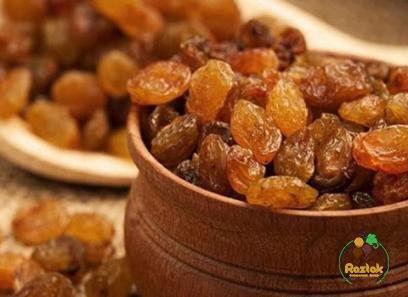 They are also fantastic additions to pilafs, couscous, or grain-based salads, injecting a burst of flavor to savory dishes. Brown Raisins: Brown raisins work exceptionally well in breakfast dishes like overnight oats, granola, or yogurt parfaits. They lend themselves beautifully to sweet preparations such as fruit compotes, chutneys, or as a topping for pancakes and waffles. Additionally, brown raisins also make a flavorful addition to savory dishes, like curries or stews, creating a balance between sweet and savory flavors. Conclusion: While both black and brown raisins offer a plethora of health benefits, their differences in taste, texture, and culinary applications make each type suit different preferences and recipes. Black raisins stand out with their intense flavor, making them an excellent choice for baking and desserts. On the other hand, brown raisins offer a milder, sweeter profile that seamlessly blends into various breakfast and sweet preparations. Whichever you choose, raisins, in any form, are bound to add a touch of natural sweetness and nutrition to your meals, making them an indispensable ingredient in the kitchen.
They are also fantastic additions to pilafs, couscous, or grain-based salads, injecting a burst of flavor to savory dishes. Brown Raisins: Brown raisins work exceptionally well in breakfast dishes like overnight oats, granola, or yogurt parfaits. They lend themselves beautifully to sweet preparations such as fruit compotes, chutneys, or as a topping for pancakes and waffles. Additionally, brown raisins also make a flavorful addition to savory dishes, like curries or stews, creating a balance between sweet and savory flavors. Conclusion: While both black and brown raisins offer a plethora of health benefits, their differences in taste, texture, and culinary applications make each type suit different preferences and recipes. Black raisins stand out with their intense flavor, making them an excellent choice for baking and desserts. On the other hand, brown raisins offer a milder, sweeter profile that seamlessly blends into various breakfast and sweet preparations. Whichever you choose, raisins, in any form, are bound to add a touch of natural sweetness and nutrition to your meals, making them an indispensable ingredient in the kitchen.




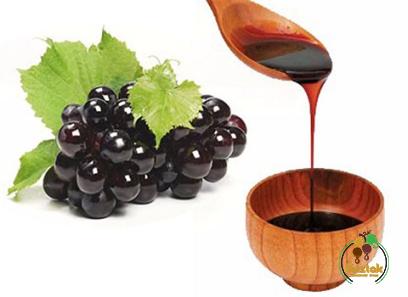

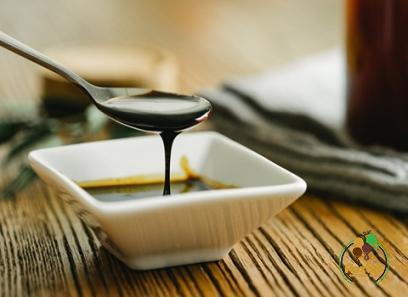

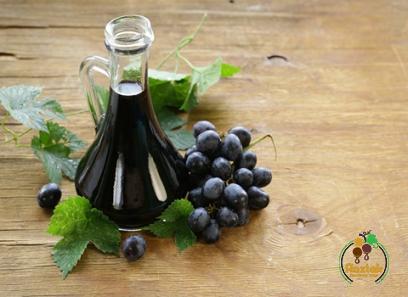


Your comment submitted.